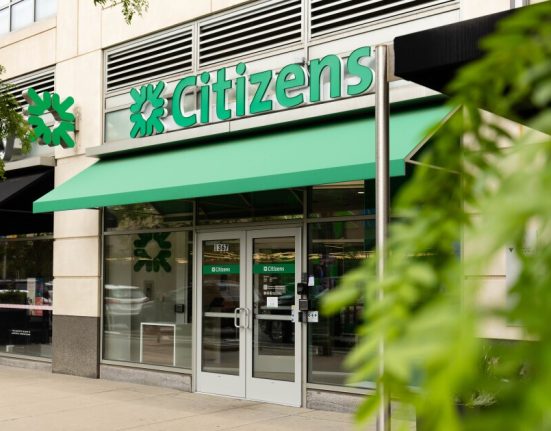Industry and consumer groups are lining up support for the Financial Technology Association’s legal effort to uphold the Consumer Financial Protection Bureau’s open banking rule, but a federal judge denied their motions to file briefs in support of FTA’s case.
Four different groups — including the Financial Health Network, the American Fintech Council, the Financial Data and Technology Association and consumer advocate Public Citizen — from filing amicus briefs on behalf of the Financial Technology Association, which was granted intervenor status in the case after the CFPB declined to defend the rule in court, saying the rule could
“The participation of amici curiae is ‘a privilege within the sound discretion of the courts, depending upon a finding that the proffered information of amicus is timely, useful, or otherwise necessary to the administration of justice,'” said Judge Danny Reeves of the Eastern District of Kentucky in his denial of the Financial Health Network’s amicus brief. “But here, the proposed amici curiae will not add to the undersigned’s understanding of the issues, because their arguments regarding the meaning and scope of ‘consumer’ and ‘authorized third parties’ under the Consumer Financial Protection Act of 2010 are largely redundant of those asserted by the FTA.”
The 1033 rule, known for its section in the Dodd-Frank Act, was finalized in October under former CFPB Director Rohit Chopra. The bureau was promptly
After the Trump administration sought to vacate the rule, a district court
The court fight is boiling down to whether the CFPB authorized third parties to act as “agents” or “representatives” of individual consumers. BPI, the Kentucky Bankers Association and Forcht Bank claim the CFPB, under Chopra, acted unlawfully in requiring data providers to provide direct data access to an individual’s “authorized representative.” Without the financial data rights rule, the groups argue, banks could restrict access, impose fees or limit data in an effort to keep the banking system secure.
The Financial Health Network and other consumer groups said that if third-parties are prohibited from accessing consumer data, “the end losers, of course, would be the tens of millions of consumers who have come to rely on fintech-delivered products and services, and most especially those financially struggling consumers who turn to fintech apps to help them secure access to credit and manage their day to day financial lives.”
On Tuesday, U.S. District Court Judge Danny Reeves denied motions by Public Citizen and the Financial Data and Technology Association of North America to file legal briefs in the case, claiming their arguments were too similar to the FTA’s arguments and “not necessary to the administration of justice.” Judge Reeves said that FDATA’s brief purports to provide a history of open banking, and Public Citizen’s arguments about notice-and-comment rulemaking requirements under the Administrative Procedures Act were addressed by the FTA, the judge ruled.
“This additional information is not necessary to the administration of justice, nor does it aid the undersigned in resolving doubtful legal issues in the case,” Judge Reeves wrote in the order.
Judge Reeves on Monday also denied a motion by the Financial Health Network, Consumers Union, and SaverLife for leave to file an amicus brief. The three consumer groups have claimed that the Consumer Financial Protection Act of 2010 granted consumers the right to authorize third parties to access financial data on behalf of consumers.
“Since the day that the CFPA took effect and the CFPB opened its doors, the term ‘consumer’ has been understood to encompass anyone authorized by an individual to act on the individual’s behalf, and not just those with a “special, fiduciary-like relationship with the consumer,” as plaintiffs and defendants now argue,” the groups stated
Separately, the judge also denied a request by the American Fintech Council, which represents 39 banks and credit unions.
“Final rules should not be vacated in their entirety,” AFC wrote in its brief, “but instead be modified with appropriate deliberation including the typical notice and comment process as outlined in the Administrative Procedures Act.””
Under 1033, financial firms would have to provide their customers access to data on checking accounts, prepaid cards, credit cards, digital wallets and payment apps. Banks are concerned that the rule giving consumer bank account data to third-party financial technology firms
The consumer groups argue that consumers frequently allow third party fintech applications to access their financial data citing person-to-person payment apps such as PayPal and Venmo. Excluding authorized third parties would threaten data aggregators, fintechs and the consumers that use those services, the groups argue.







